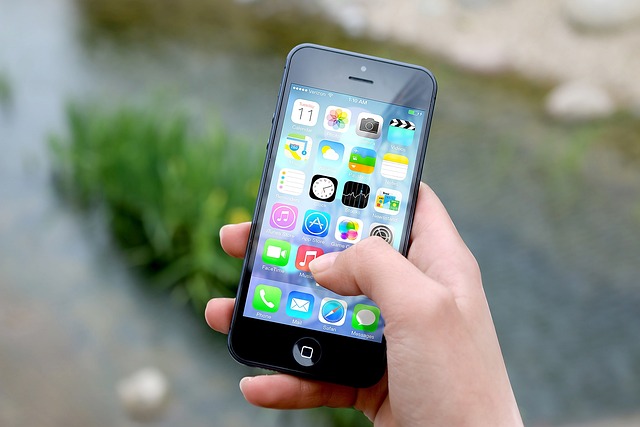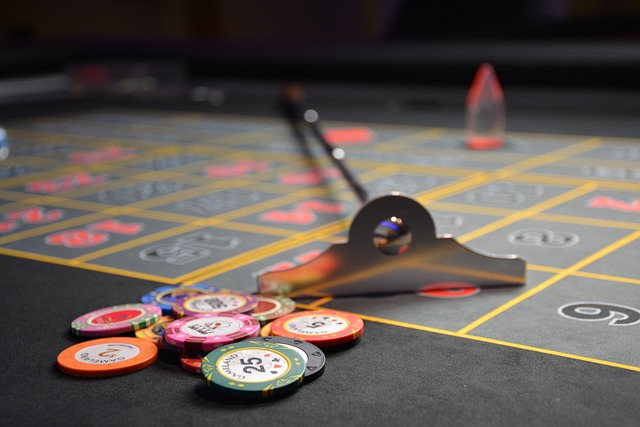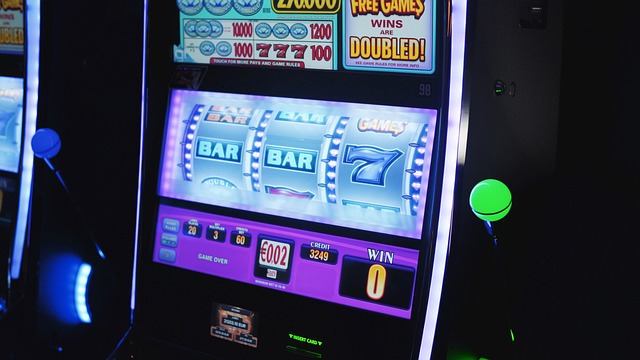Gambling as an Escape
In the modern world, digital distractions are widespread. Our time is dominated by social media, streaming platforms, and mobile apps. Silently, a different trend has been gaining traction – mobile betting on platforms such as 22Bet. Visiting a casino has been replaced by simply swiping on a phone. This ease of access has increased the availability of gambling significantly. Due to this, gambling is increasingly being used as a means of getting away from reality. Many people utilize it as an escape from the pressures of day-to-day existence. It provides seclusion, allowing players to disconnect from real-life interactions and immerse themselves in a digital realm of opportunity.
Escaping Reality
Gambling has been a longstanding method of avoiding reality. Individuals seek solace in it for solace from their personal issues, psychological distress, or lack of excitement. For certain individuals, it serves as a respite from the tough truths of life. It aids them in putting aside concerns about money, problems in relationships, or feelings of not being good enough. The possibility of winning cash and the excitement of taking chances can be habit-forming. The reward system of the brain illuminates, providing fleeting happiness and diversion.
However, using gambling as a means of getting away from reality poses significant risks. Using it to escape real-life issues can result in a reliance on it. Over time, the fast diversion turns into a detrimental routine. Instead of addressing their problems, individuals retreat further into the solitary realm of internet betting.
The Role of Mobile Gambling

The advancement of mobile technology has further facilitated a means of escape. Mobile gambling is a rapidly growing sector within the online gaming industry. Convenience, accessibility, and anonymity are the driving factors behind its growth. Players no more require to go to a casino or utilize a computer. They have the option to gamble from their home or any location of their choice.
The portability and confidentiality of mobile gambling appeal to individuals in search of seclusion or a break from social responsibilities. With just a couple of taps, they have the ability to immerse themselves in a digital realm. Time becomes irrelevant, and the lines between reality and virtual reality become hazy there.
Mobile gambling applications are created to maintain players’ interest. Vibrant hues, captivating noises, and uncomplicated maneuvering promote extended gameplay. These apps are constantly accessible, leading to difficulty in establishing boundaries or ending usage. The convenient design and accessibility guarantee the escape is only a tap away, any time of day or night.
Isolation and Gambling
Mobile gambling greatly affects social isolation. Conventional forms of gambling, such as visiting casinos or taking part in poker nights, frequently included socializing. Early online gambling platforms also offered multiplayer games along with chat features. However, mobile gambling sets itself apart by allowing individuals to fully disengage from social interactions.
Mobile gambling can often be a solitary pastime for a lot of people. Gamblers can seclude themselves for extended periods, engrossed in the game and disregarding their surroundings. This can lead to a destructive cycle: the greater the amount they gamble, the more they distance themselves from others, and the greater the sense of isolation they feel, the more they gamble in order to get away.
This social distancing puts a strain on connections with family, friends, and colleagues. The individual’s participation in everyday social interactions decreases. As time passes, this isolation intensifies sensations of social isolation and sadness, driving them deeper into gambling. The cycle is driven by the convenience of mobile gambling, allowing individuals to distance themselves from social ties while remaining in their surroundings.
The Psychological Impact of Mobile Gambling
In mobile gambling, what is at risk is not just money, but also a person’s psychological well-being. Gamblers typically believe they have control of the game, so this is not a common occurrence. Gambling is based on probability, with winners being rare and losers being more common. However, individuals persist in their pursuit of the “grand prize”. This may lead to excessive gambling, which is currently being categorized as a type of mental illness.
Mobile gambling exacerbates these risks due to its isolating characteristics. Although gambling provides an outlet, those who partake in it are more likely to experience anxiety, depression, and feelings of inadequacy when they are not gambling. The ease of access to gambling apps makes it challenging to resist, especially when considering the impact on mental health.
Mobile gambling also distances players from the reality of losing their money. In a casino, you grow more attuned to losses, whereas with a phone, the feeling is different. For instance, gamblers do not experience the immediate consequences of their financial decisions. This can lead to impulsive behavior, making it easier to rationalize gambling even as losses accumulate.
Breaking the Cycle of Isolation and Mobile Gambling

Ending the pattern of seclusion and mobile gambling requires a comprehensive strategy. On an individual level, understanding is essential. Gamblers need to acknowledge using gambling as an escape and seek healthier coping mechanisms for stress, boredom, or loneliness. Treatment, particularly cognitive-behavioral therapy (CBT), can be beneficial in addressing the underlying emotional problems related to the addiction.
On a more general scale, restrictions on mobile betting applications can lessen their addictive qualities. This might involve restricting gaming time, implementing breaks between sessions, or enabling users to establish financial limits.
Finally, establishing social relationships is essential in combating loneliness. Encouraging individuals to seek help from friends, family, or support groups for gambling addiction can disrupt the cycle of gambling alone and promote healthier coping mechanisms.
Playing Alone
Gambling on mobile devices has altered the way individuals participate in betting activities. It is easier to reach, yet also more alienating. Many find solace in solitude as a way to escape everyday stress, yet the toll on mental and social well-being is significant. It is essential to grasp the role of isolation in driving mobile gambling addiction. Both people and communities can work together to minimize negative impacts and encourage better methods for dealing with life’s difficulties.




